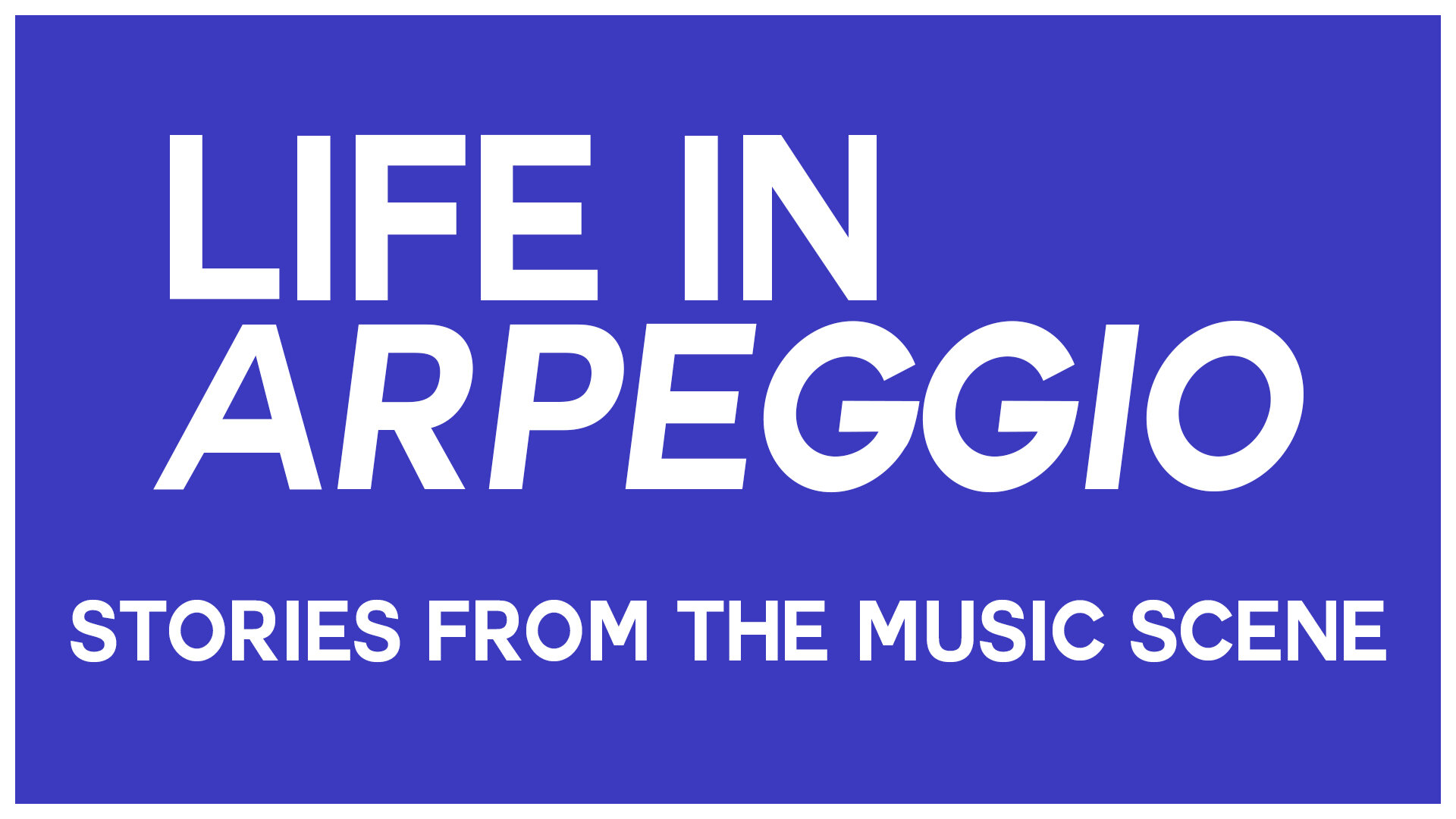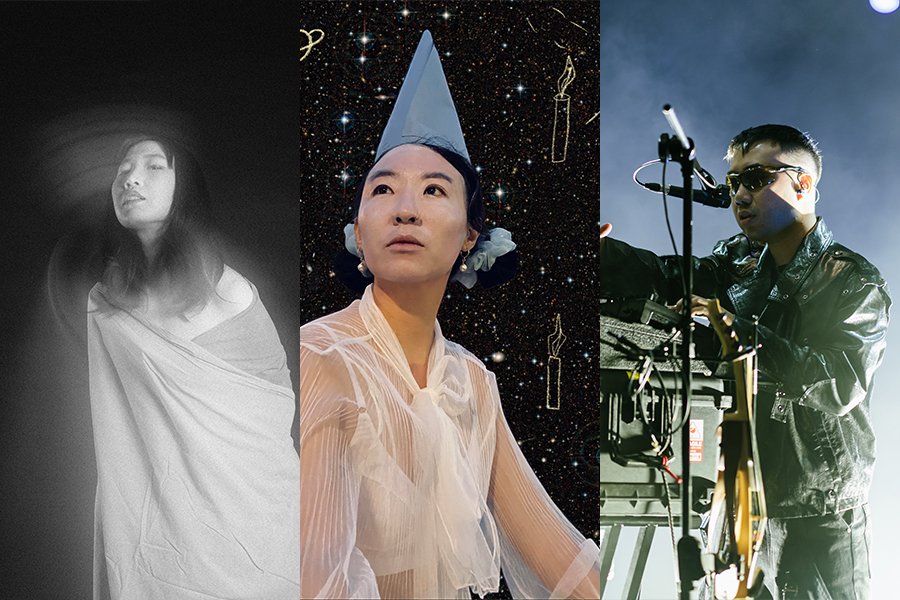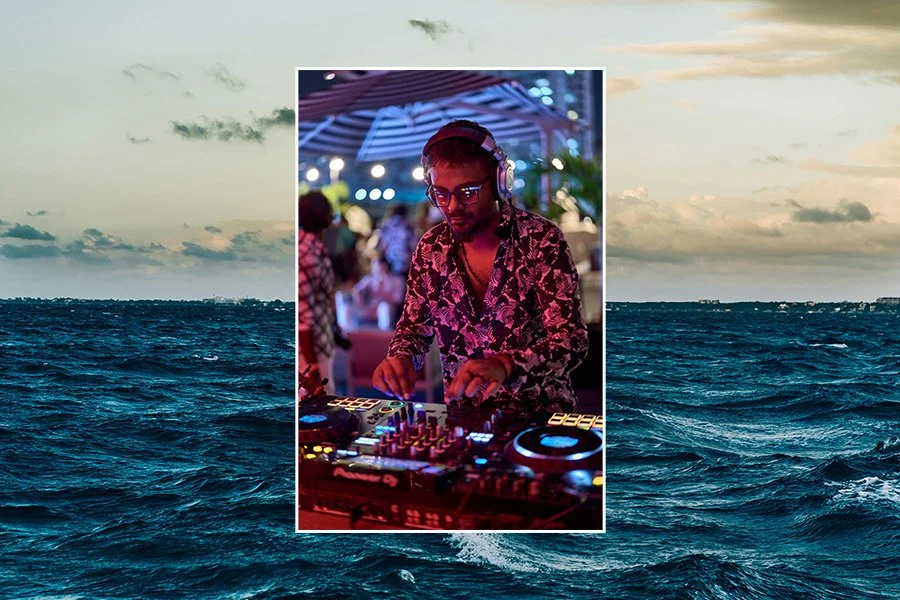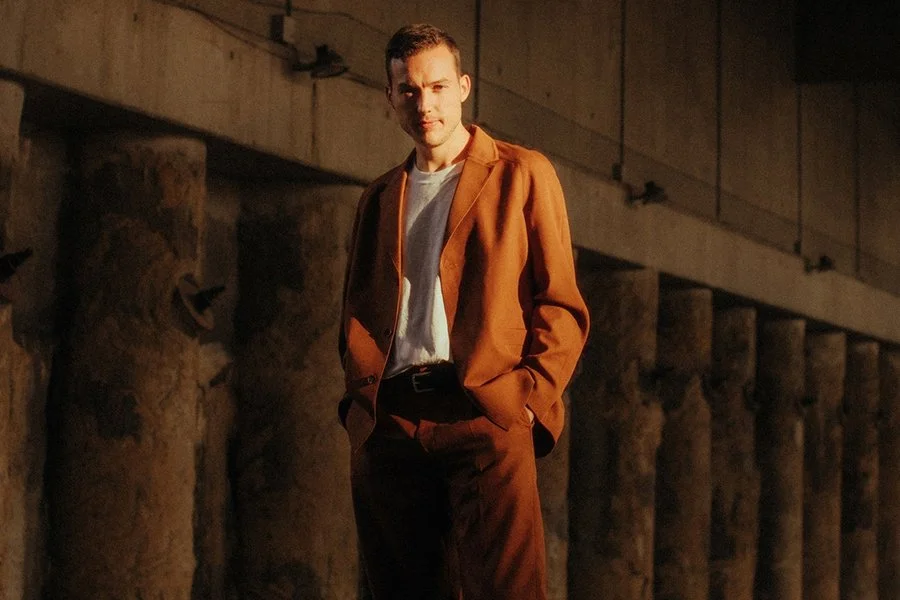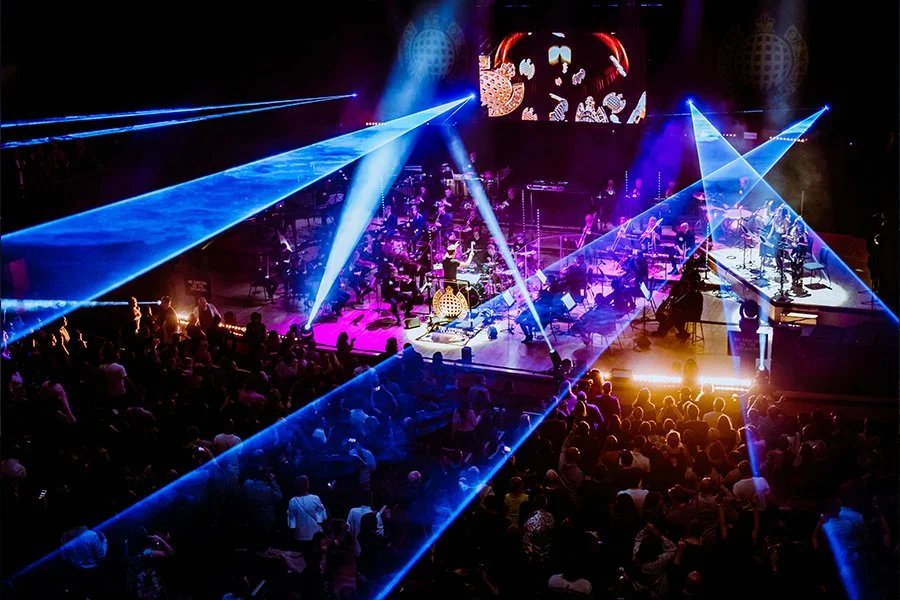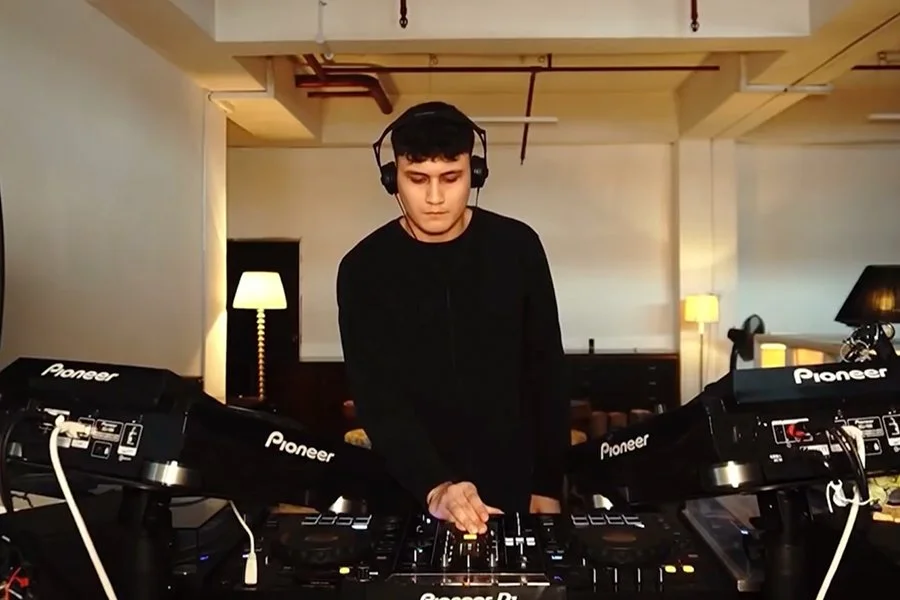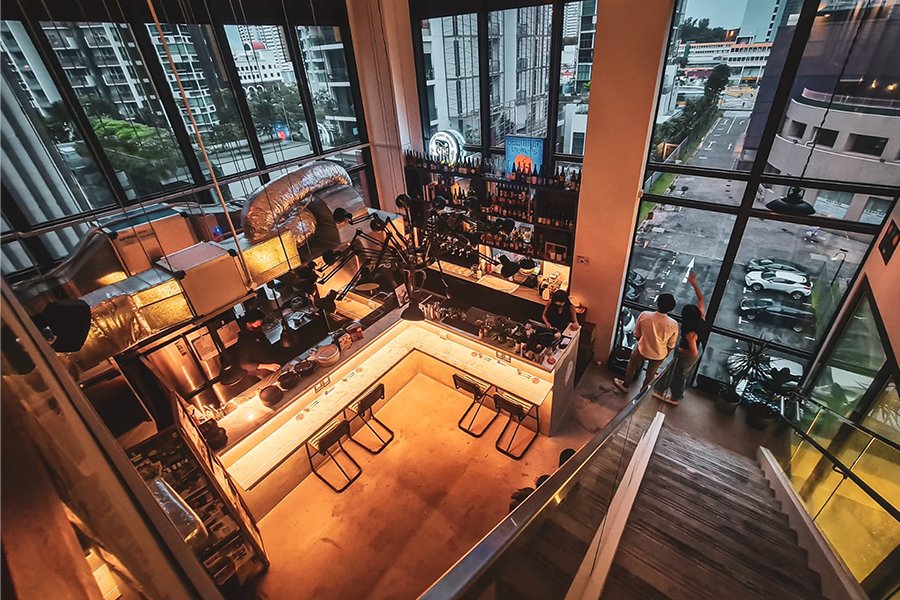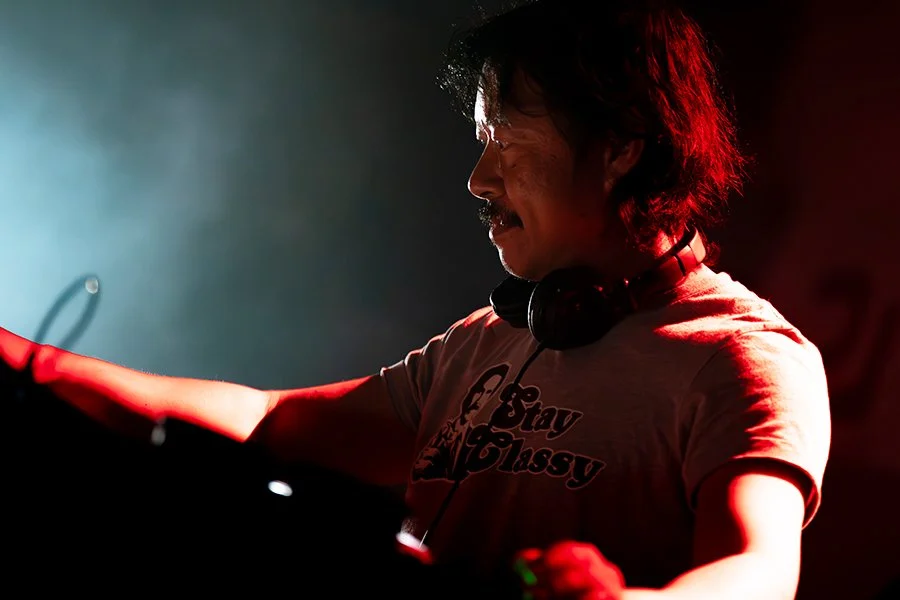Goth Crusaders: A Glimpse Into The Dark Upbeat World Of The Batcave Project
Like the Bat-Signal, these parties are a beacon for the local goth community (Credit: All images taken by Robin Vochelet)
Saturday night, Boat Quay. At a time when most are making their way to the many bars and restaurants that flunk the riverside, I’m walking into Sopranos Bistro, just a few streets away from the glitzy, touristy spots. The room is basking in dark light, loud industrial beats blaring while oversaturated snippets of 1973 horror cult classic The Exorcist, interlaced with clips of people dancing in latex outfits, play on TV across the bar.
This is the kind of party I would expect to walk into whenever I go to Berlin, or even back in dingy bars in Montreal – most definitely not in perfectly curated Singapore.
This unique experience is curated by the people behind The Batcave Project, a party catering to Singapore’s goth and alternative community, and the brainchild of Philip Von Grave, Kat, and husband-and-wife duo Jono and Hazel. The four met during the heyday of the Singapore Dark Alternative Movement (SDAM), an informal collective that would run goth/alternative parties and meetups from the late 1990s to the early 2010s.
DIY stamp with nail polish-based ink for entry into the Batcave
“Back in my early secondary school days, I was mostly into post-punk and was looking online for parties playing that kind of music,” recalls Hazel, who started chatting with Kat on the Internet before meeting in person to attend a post-punk/EBM event.
She later introduced her then-boyfriend Jono to those darker sounds, and the two became regulars at SDAM parties. “We became friends with the DJs throwing those monthly parties,” explains Jono. “Sometimes they even managed to invite international acts, such as Angelspit or Alec Empire [of Atari Teenage Riot].”
Sopranos Bistro has served as the main venue for The Batcave Project’s events
As the years went by, the original SDAM died down, scattering the goth community the collective had brought together. Philip then set out to resurrect the scene after it collapsed, organising his own events for the goth & alternative community, although he insists that they were “more of a house party open to the public”.
At a time when social media wasn’t as prevalent as it is today, particularly for event management and advertising, keeping in touch with the community was a bigger challenge. “I would print event posters and physically distribute them, because we weren’t all connected on social media, and mass outreach was more difficult then,” he says.
Sporadic efforts to bring back the community continued for several years, until the Covid-19 pandemic forced everyone in Singapore and around the world out of physical spaces. As pandemic restrictions were lifted last year in April, Hazel saw an opportunity to reunite the goth community. Riding the wave of revenge partying that characterised much of Singapore’s underground electronic scene in the immediate aftermath of Covid, she brought Jono, Philip, and Kat together to form The Batcave Project.
goneMUNE and DUCKDELEUZE666 performing at Sacrilege
Since rising from the dead about a year ago, the collective has organised monthly parties that bring together goth, industrial, EBM, as well as dark and new wave sounds, rallying a community of newcomers and longtime aficionados of not just the genre but also the fashion and alternative lifestyle, expanding alongside like-minded parties such as Blacklight.
For its latest iteration, titled Sacrilege, the team welcomed a live performance from dark-pop artist goneMUNE with DUCKDELEUZE666, also known as Sean Francis Han. While Jono and Philip remain the Batcave Project’s main DJ acts, with occasional sets by Hazel and Kat, they regularly turn to friends and local alternative acts to complement the lineup.
“We found goneMUNE on Instagram after someone messaged me saying we should check out her music and gigs,” explains Jono, who invited her to perform for their September event. According to him, this also highlights the role that Batcave Project currently plays in providing a space for the community to connect, both virtually and physically – “it’s good to be open and explore local projects, especially in independent music, because it doesn’t thrive as much on its own in a city in Singapore”.
He further emphasises the importance of maintaining a regular, engaging social media presence to drive engagement and expand the collective’s reach to people who might not be aware of the existence of a goth scene in Singapore. “A lot more people than we thought were into that kind of music, but didn’t know there were parties playing that sound in the city,” he says, adding that “it’s our role to let them know there’s a safe space for them to be freaks and outcasts”.
goneMUNE and Jon Hwang/Jono at Sacrilege
For all four members, nurturing a sense of community was a defining aspect of their SDAM experience, and they’re hoping to foster the longevity of this rebirthed goth movement through sustained engagement, both online and physically with other indie local projects. “Some of SDAM’s former organisers have become regulars at our events, and we’re hoping that some of the younger faces at our parties will take over in the future,” shares Jono.
Beyond maintaining the spirit of community in their events, the team also had to learn to make their parties sustainable. Hailing from a marketing background, Hazel quickly took it upon herself to figure out the logistics and capacities of the collective. “I deal with marketing campaigns all week, so I’m very aware of budgets,” she explains, emphasising the importance of keeping track of spending and building networks with local venues, particularly in a city like Singapore.
Upon starting The Batcave Project, she came up with the idea to sign the team up for DJ classes with the aim of making parties profitable. After attending for a few months, the four of them decided to shift from theory to practice and got started playing at their parties. “Running indie events like these is all about managing expectations,” she says. “It’s good to have goals and work toward those, but we also need to keep in touch with what’s realistic,” Jono adds.
Jono and Grave, The Batcave Project co-founders and main resident acts, performing at Sacrilege
Despite the financial limitations, the collective continues to come up with exciting ideas for future events and collaborations, including a 24-hour warehouse party with pop-up shops for Halloween, in true goth fashion. In the longer run, the team hopes to build upon this experience to delve into music production and send The Batcave Project to play at festivals overseas, with dreams to one day host an alternative music festival in Singapore.
“We don’t know if the community is big enough to support a festival at this stage, but it’s exciting to think about bringing foreign acts back to Singapore to play alongside local acts,” shares Jono. “It’s important for us to keep these goals in mind and not stray too far from the intended path”.
Regardless of material and financial limitations, The Batcave Project provides a much-needed space for Singapore’s goth community to exist and gather outside of the city-state’s strict daily life, bending the boundaries of mainstream dance music one industrial beat at a time.
Follow The Batcave Project on Instagram to stay updated with their events.
This guest feature was written by Robin Vochelet (@robin_vchlt)
Robin Vochelet is a writer and independent journalist based in Singapore, covering underground culture, social movements, and queer identities across Southeast Asia. When not writing, he is usually café hopping around town or headbanging at the nearest techno rave. Follow him on X (Twitter) and Instagram.
